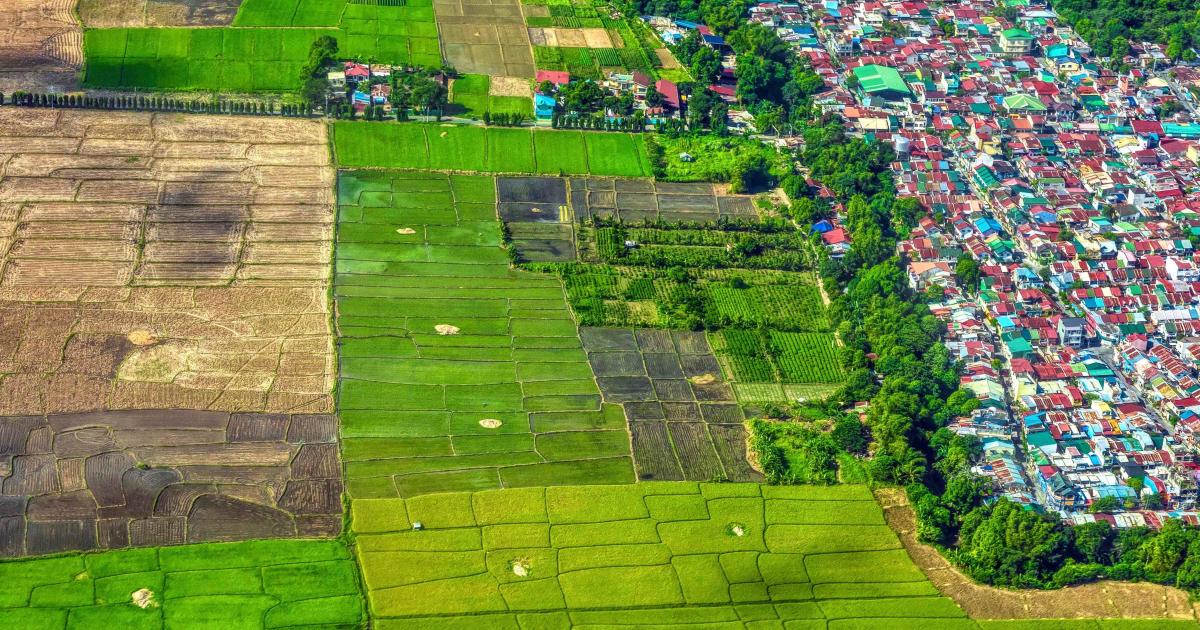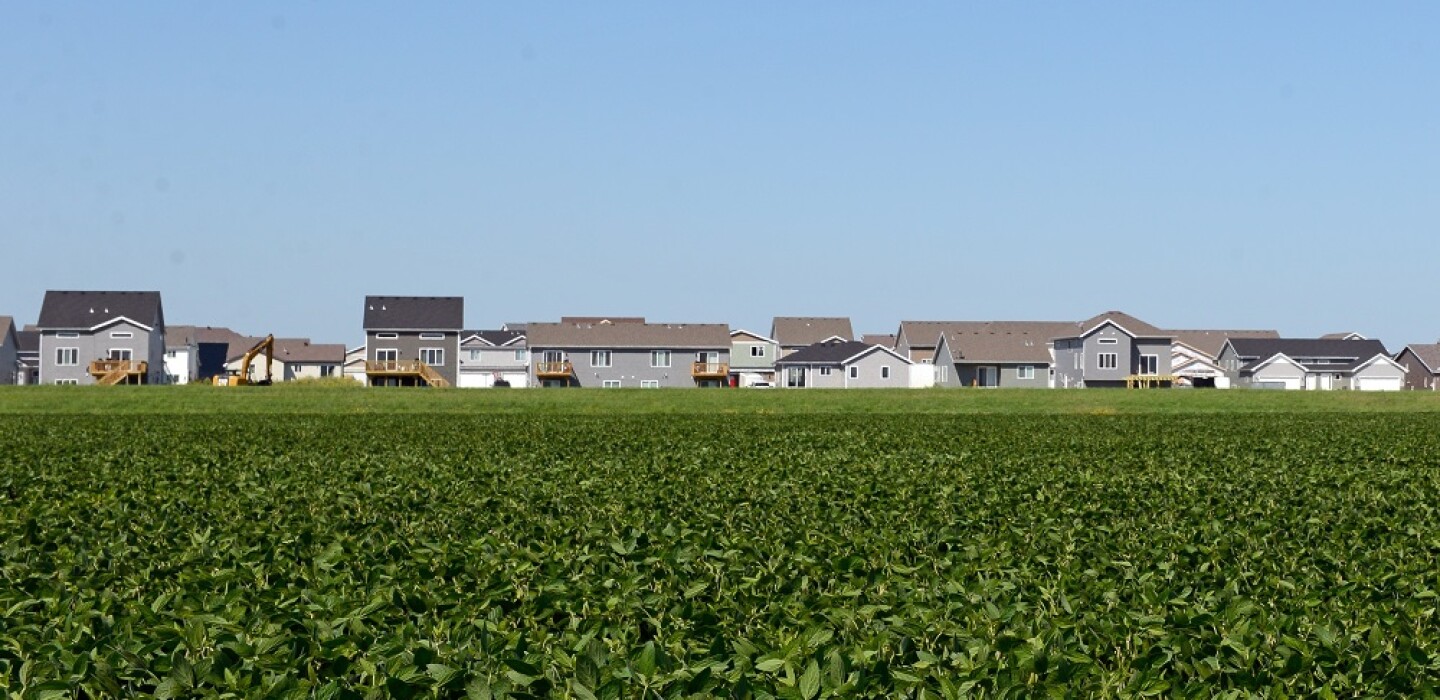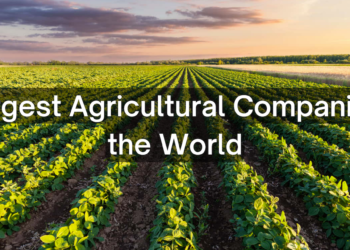Urbanization is one of the defining trends of the modern world. In recent decades, the world has seen an unprecedented rate of urban growth, with the number of city dwellers increasing dramatically. While urbanization has brought many benefits, it has also had a profound impact on rural areas and the agriculture industry.
Impact of Urbanization on Agriculture
Urbanization has a profound impact on agriculture and rural communities. As cities expand, they consume vast areas of fertile land, which can reduce the amount of land available for agriculture and lower the overall food supply. Urbanization also demands large amounts of water, which can reduce the amount of water available for agriculture and lower crop yields.

Rural residents who are displaced by urbanization may face difficulties accessing essential services such as healthcare, education, and transportation. This can further exacerbate the challenges faced by rural communities.
One solution to the impact of urbanization on agriculture is the integration of agriculture into urban areas through urban agriculture. This involves the cultivation of crops and the raising of animals in urban areas and has been shown to provide numerous benefits, including increased food security and improved public health.
Another solution is the development of sustainable agriculture practices that preserve and protect the environment while also improving the economic viability of agriculture. This can include the use of conservation tillage, cover cropping, integrated pest management, and use of renewable energy sources.
Overall, urbanization has a significant impact on agriculture and rural communities, but solutions such as urban agriculture and sustainable agriculture practices can help to mitigate these impacts and ensure the viability of agriculture for future generations.
Impact on Rural Communities
Urbanization has a significant impact on rural communities, affecting their social, economic, and cultural well-being. One of the biggest impacts is the displacement of rural residents, who may be forced to move to urban areas in search of work and better living conditions. This can lead to the loss of traditional rural culture and the erosion of rural communities.
Rural residents who are displaced by urbanization may also face difficulties accessing essential services such as healthcare, education, and transportation. This can result in a lack of access to quality healthcare and education, which can further exacerbate the challenges faced by rural communities.
In addition, urbanization can result in a loss of agricultural land, which can reduce the amount of land available for agriculture and lower the overall food supply. This can lead to increased food prices and food insecurity, particularly in rural communities that are heavily dependent on agriculture.
Another impact of urbanization on rural communities is the increased competition for resources such as water, which can result in reduced access to water for agricultural and domestic use. This can further undermine the viability of rural communities.
Overall, the impacts of urbanization on rural communities are significant and far-reaching. It is important to take steps to address these challenges, such as promoting sustainable agriculture practices, supporting rural-urban linkages, and improving access to essential services for rural residents. By doing so, we can help to ensure the viability of rural communities and preserve their unique cultural and social heritage.
Solutions for Addressing the Challenges
Despite the challenges posed by urbanization, there are a number of solutions that are being developed to address these issues. One of the most promising solutions is the integration of agriculture into urban areas.

Urban agriculture involves the cultivation of crops and the raising of animals in urban areas and has been shown to provide numerous benefits, including increased food security, improved public health, and reduced environmental impact. In addition, urban agriculture can also provide employment opportunities for urban residents and help to strengthen the connection between urban and rural communities.
Another solution is the development of sustainable agriculture practices. Sustainable agriculture involves the use of practices that preserve and protect the environment, while also improving the economic viability of agriculture.
This includes the use of conservation tillage, cover cropping, and integrated pest management, as well as the use of renewable energy sources to reduce the reliance on fossil fuels. By implementing sustainable agriculture practices, farmers can reduce their impact on the environment, while also increasing their yields and improving their economic viability.
Sure, here’s more information about the impact of urbanization on agriculture and rural communities:
- Loss of Agricultural Land: One of the biggest impacts of urbanization is the loss of agricultural land. As cities expand, they consume vast areas of fertile land, which can reduce the amount of land available for agriculture and lower the overall food supply. This can result in increased food prices and food insecurity.
- Impact on Water Resources: Urbanization also has a significant impact on water resources. Urban areas demand large amounts of water for domestic, industrial, and agricultural uses, which can reduce the amount of water available for agriculture. This can lead to lower crop yields and increased food insecurity.
- Displacement of Rural Residents: Urbanization often leads to the displacement of rural residents, who may be forced to move to urban areas in search of work and better living conditions. This can lead to the loss of traditional rural culture and the erosion of rural communities.
- Difficulty Accessing Essential Services: Rural residents who are displaced by urbanization may also face difficulties accessing essential services such as healthcare, education, and transportation. This can further exacerbate the challenges faced by rural communities.
- Integration of Agriculture into Urban Areas: One solution to the impact of urbanization on agriculture and rural communities is the integration of agriculture into urban areas. Urban agriculture involves the cultivation of crops and the raising of animals in urban areas and has been shown to provide numerous benefits, including increased food security, improved public health, and reduced environmental impact.
- Sustainable Agriculture Practices: Another solution is the development of sustainable agriculture practices. Sustainable agriculture involves the use of practices that preserve and protect the environment, while also improving the economic viability of agriculture. This can include the use of conservation tillage, cover cropping, and integrated pest management, as well as the use of renewable energy sources to reduce the reliance on fossil fuels.
In conclusion, urbanization has a significant impact on agriculture and rural communities, but there are solutions being developed to address these challenges.
By integrating agriculture into urban areas and implementing sustainable agriculture practices, we can help to ensure that rural communities are able to thrive and that the agriculture industry remains sustainable for future generations.
Conclusion
Urbanization is one of the defining trends of the modern world and has had a profound impact on agriculture and rural communities. While there are certainly challenges posed by urbanization, there are also solutions being developed to address these issues.
By integrating agriculture into urban areas and implementing sustainable agriculture practices, we can help to ensure that rural communities are able to thrive and that the agriculture industry remains sustainable for future generations.










